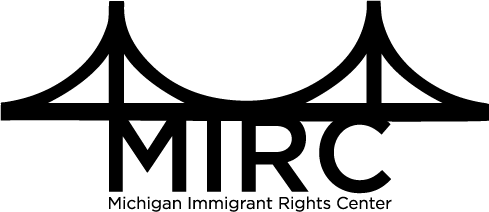MIRC’s Pro Bono Panel provides assistance to victims of domestic abuse or serious crimes who qualify for relief pursuant to the Violence Against Women Act (VAWA) or the Victims of Trafficking and Violence Protection Act (VTVPA, more commonly known by the "U" and "T" visas it provides). These two legal protections help vulnerable immigrants and their dependents to come forward and escape violent relationships or situations where they would otherwise not do so because of their undocumented or expired immigration status. VAWA self-petitions are for battered spouses and children of United States citizens or Lawful Permanent Residents (LPRs), battered parents of adult U.S. citizens, or the parents of abused children. Essentially, it allows a battered immigrant to self-petition without the involvement of their abusive spouse or family member. U Visas are a special remedy for immigrant victims of certain serious crimes. Most of our U visa clients are survivors of domestic violence or sexual assault.
Our goal is to make the most of our limited resources by building a statewide network of pro bono attorneys trained to handle these extremely critical immigration cases involving vulnerable low income immigrant crime victims, in particular survivors of domestic violence and sexual assault. We currently have over 100 attorneys serving on our panel. As of early 2011, our panel attorneys have served well over 150 clients. MIRC handles the client intakes and initial case screenings. For U visa cases, MIRC also often obtains the law enforcement certifications - a required initial step in these cases. Once we determine the client has a strong case suitable for panel placement, we email out a brief description of the case. After the case is placed with an attorney, MIRC continues to mentor the case. MIRC staff is available to support our pro bono attorneys with any questions or issues that arise during representation. In addition to mentoring cases, MIRC offers our panel attorneys ongoing training opportunities. We periodically offer comprehensive trainings covering the law and procedure of VAWA and U cases. We have a large library of sample documents and other materials that are available to our panel. Finally, through our group email list, we distribute current articles and information that we believe may be of interest to our panel.
The work of the panel is sponsored by MIRC’s funders and by generous support from many attorneys in private practice who also serve on the panel. Since the panel’s founding, Dykema Gossett PLLC has been our most active firm and a generous supporter.
Any attorneys interested in joining our panel should follow up with our pro bono team.
